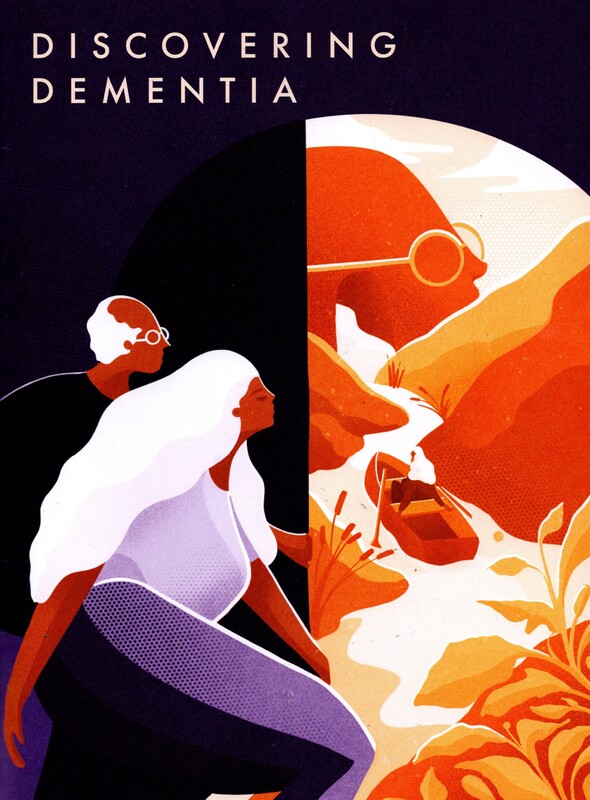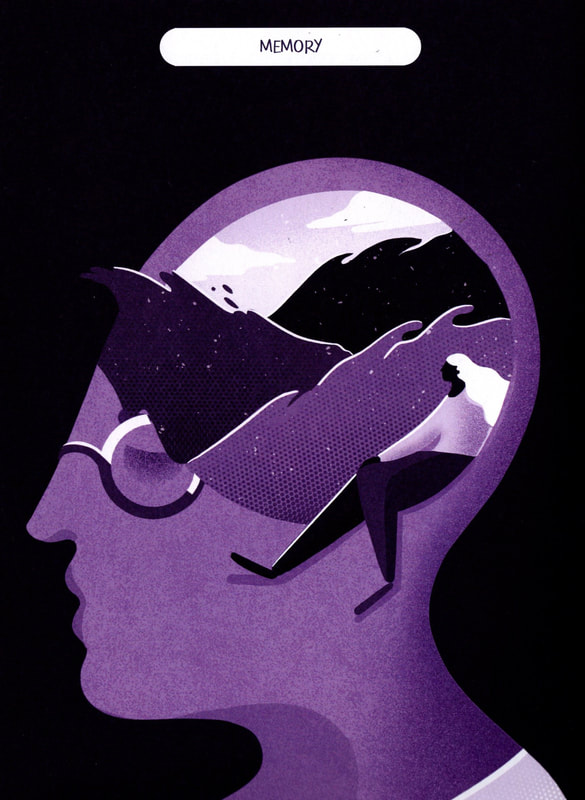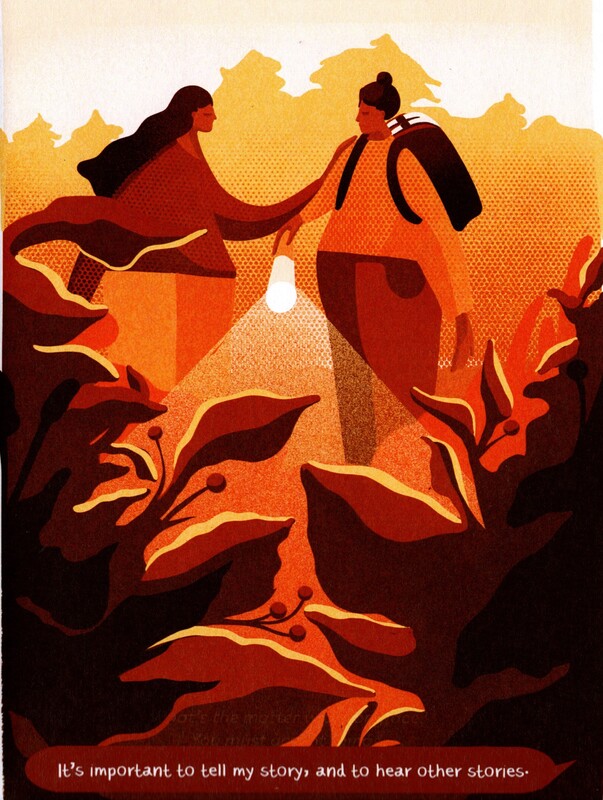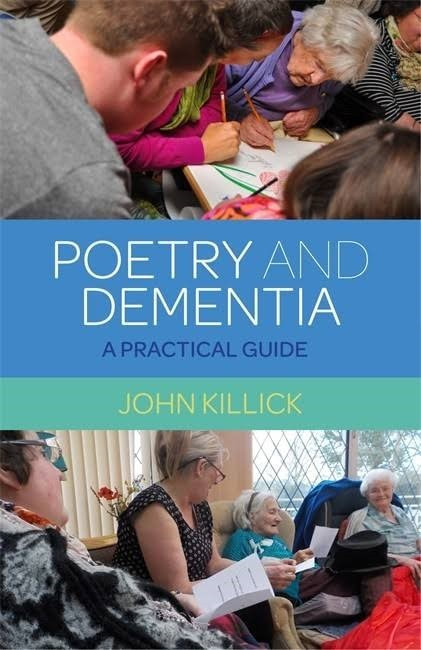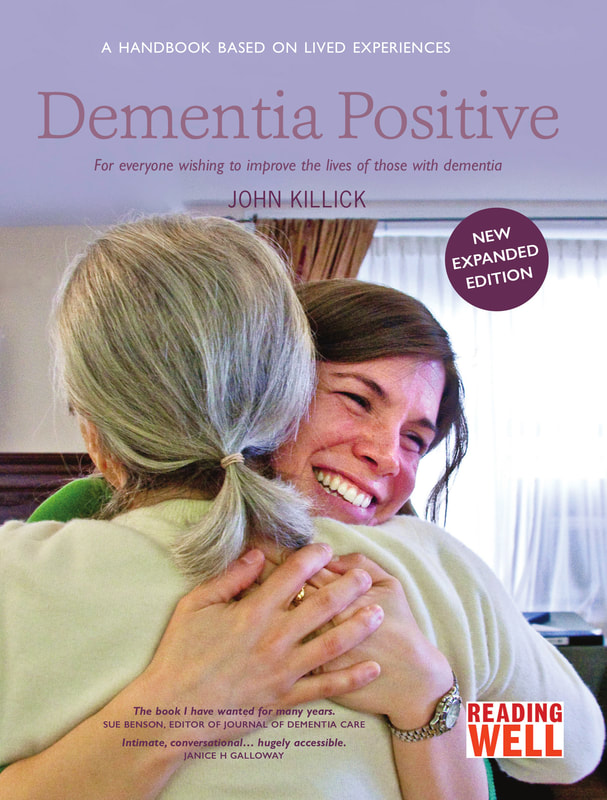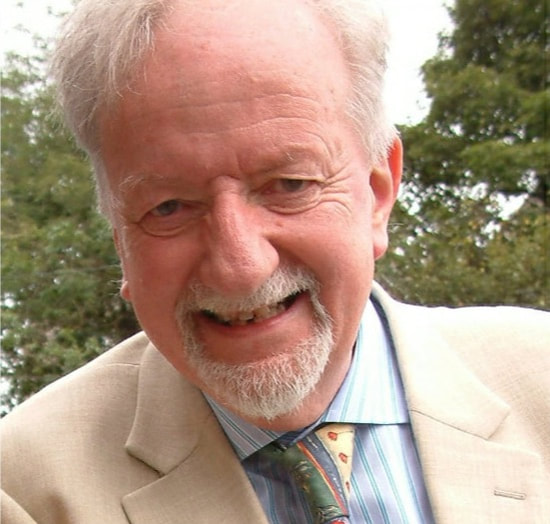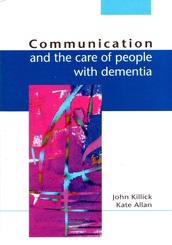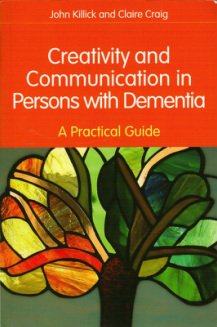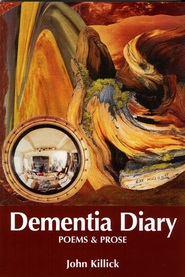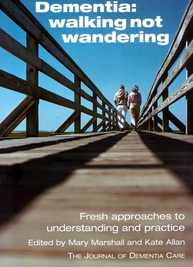Dementia Positive
- Home
- About us
- What we want you to know about
- Can we help you?
- Blog
- PhD sources
- our stuff online
- CC front page
- New Page
Below are details of some of our major publications.
Click on the links immediately below for full lists.
Click on the links immediately below for full lists.
Discovering Dementia is a collaboration between John, design researcher Claire Craig, and artist Sophie Standing. It is aimed at people recently diagnosed with dementia and is more akin to visual poetry than the usual way information about the condition is given.
It is free, and is published by Sheffield Hallam University. There will be an article about it in the May/June issue of The Journal of Dementia Care. For more information about the project please contact Claire Craig: [email protected] |
| ||||||||||||
|
Poetry and Dementia: A Practical Guide
by John Killick (2018: Jessica Kingsley) Poetry is an engaging and inclusive activity for older people that can help develop memory, imagination and identity. This book provides guidance on setting up and monitoring poetry projects for people living with dementia in group care homes and individual families. It explains the benefits of creative expression for people with dementia, and shows how to facilitate poetry reading and writing groups in different environments. This lovely book will be invaluable for anyone who wishes to use poetry as a means of connecting with people with dementia. John Killick gives numerous examples of highly accessible poems, showing how reading them together can spark a lively response from people with dementia, and giving lots of tips to help a session go with a swing. Most of the book, however, is concerned with the principles and practice of WRITING poetry in collaboration with people with dementia rather than reading it. Drawing on his own experience and quoting the reflections of others working in the field, Killick skilfully builds the case for poetry as a powerful non-pharmacological intervention which can have a transformative effect on people's lives. Lucy Whitman, Journal of Dementia Care |
|
This book is an attempt to reach a wide audience with a look at communication and relationships, which I regard as key areas in supporting people with dementia. In one sense it is a very personal account, with stories from my twenty years of working with people one to one.
But I realized that this was not enough, so every one of the nineteen chapters bar one is in two parts, with my own experiences coming first, and quotations from people with dementia, their supporters, and professionals in the second part. This, hopefully, widens the perspective, and complements an approach which demonstrates ideas and attitudes through example rather than exhortation. I believe the spirit of the book is encapsulated in the quotes on the first page: You did then what you knew how to do and when you knew better you did better. MAYA ANGELOU We receive and we lose, and we must try to achieve gratitude; and with that gratitude to embrace with whole hearts whatever of life that remains after the losses. ANDRE DUBOIS I dwell in Possibility. EMILY DICKINSONhere to edit. |
New book! New book! New book!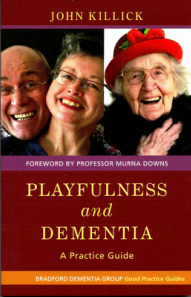
"This book is full of ways to connect with people through fun. There is nothing disrespectful or silly about the words in this book. It is full of compassion and honesty. It will supply you with a springboard to joy."
Professor Dawn Brooker, Director of the Association for Dementia Studies, University of Worcester. "Killick's challenge to us in Playfulness and Dementia is simple and powerful - what is wrong with having a good time when you are living with dementia? His many-faceted story is thoroughly convincing - that play, playfulness and laughter are integral to creativity in dementia, to people's wellbeing and ultimately to their human right to experience joy." John Zeisel, PhD, founder of the I'm Still Here Foundation and author of I'm Still Here: A New Philosophy of Alzheimer's Care. Playfulness and Dementia: A Practice Guide is published by Jessica Kingsley. Communication and the care of
|
Dementia Diary: Poems and Prose
|
|
|
|
